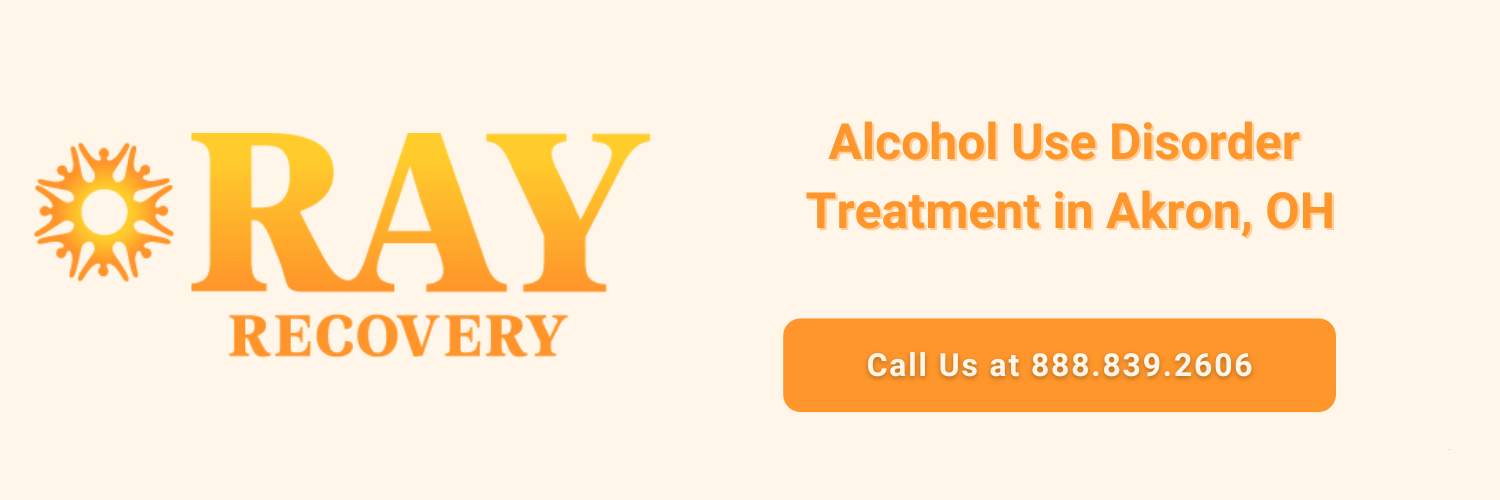You may have heard that alcohol can cause damage to your liver, but did you know it can cause inflammation throughout your entire body?
Picture this: You start with a few drinks here and there — a glass of wine at a friend’s party or a bottle of beer after work. Over time you begin to notice some subtle changes in your body. Your joints ache, your stomach is bloated, and you don’t have much energy. You think it might be stress or maybe just because you are getting older.
In reality, your body may be fighting off alcohol-induced inflammation.
Learn what alcohol-fueled inflammation can do to your body and what you can do to protect it.
The Inflammatory Impact of Alcohol on the Body
When harmful stimuli such as pathogens or toxins enter your body, inflammation is your body’s protective response. It is your body’s way of trying to get rid of the irritants and repair damaged tissue.
The body releases chemicals that trigger increased blood flow to the area, which leads to pain, redness, heat, and swelling.
But how can alcohol cause inflammation?
Alcohol consumption alters the bacteria in your gut, causing an imbalance with more harmful bacteria than good. The imbalance, dysbiosis, leads to inflammation and damage in your gut. In turn, bacteria and toxins may enter your bloodstream and trigger inflammation throughout your body.

What Is Inflammation, and Why Does It Matter?
There are two types of inflammation: acute and chronic.
- Acute inflammation is the body’s short-term response to injuries, infection, or harmful catalysts such as bacteria or toxins. The immune system sends white blood cells to the affected area to fight the threat and begin healing.
Symptoms include redness, pain, swelling, and heat.
This type of inflammation typically only lasts a few hours up to a few days and helps the body heal.
- Chronic inflammation is persistent inflammation that can damage the body over time. It can last for months or years and is sometimes linked to chronic illnesses such as autoimmune disorders. It can also be linked to ongoing exposure to harmful substances.
Symptoms include fatigue, low energy, joint pain, digestive issues, and more. It can cause physical problems such as cardiovascular disease, type 2 diabetes, or arthritis.
How Alcohol Disrupts Your Body’s Natural Defenses
Can alcohol cause inflammation in the body? Can alcohol cause joint inflammation?
The short answer is, yes.
There are several ways that drinking alcohol can affect your body’s immune system, including:
- Impaired white blood cell function: Alcohol reduces the number of white blood cells in your body and prevents white blood cells from being as effective at combating harmful bacteria.
- Disrupted gut microbiome: Alcohol alters the balance of bacteria and can damage the gut lining, creating a “leaky gut” that allows harmful substances to enter the bloodstream.
- Impaired anti-inflammatory response: Alcohol can keep your body from producing anti-inflammatory cytokines, proteins that help regulate inflammation, meaning your body can’t effectively control tissue damage from excessive inflammation.
- Risk of infection: The weakened immune system and increased inflammation make your body more susceptible to infection and recovery time longer.
Signs You Might Be Dealing With Alcohol-Related Inflammation
Physical Symptoms
Alcohol-related inflammation may affect your body physically. Symptoms include:
- Joint pain: Muscle aches and stiffness may occur, especially in people with arthritis.
- Fatigue: You may experience persistent tiredness or a general feeling of weakness due to alcohol’s effects on the brain.
- Frequent illness: The weakened immune system leads to higher occurrences of illness.
- Digestive issues: Damage to the gut lining may cause diarrhea, bloating, or abdominal pain.
- Skin flare-ups: Alcohol can cause redness and inflammation of the skin and make chronic conditions like eczema worse.

Mental and Emotional Effects
Alcohol consumption can take a toll on your body physically, but it can also have mental and emotional effects.
Neuroinflammation is the defense mechanism that occurs when inflammation of the brain and spinal cord is triggered by the introduction of toxins or by injury or illness.
Alcohol, as a toxin, can trigger this response. Effects include:
- Brain fog: Excessive neuroinflammation damages neurons and interrupts the function of synapses, which causes cognitive decline and memory loss.
- Mood swings: Alcohol use impacts neurotransmitters that regulate mood and emotions. Initial feelings of euphoria and relaxation are replaced with feelings of depression, anxiety and irritability as alcohol is metabolized.
- Increased anxiety and depression: Chronic alcohol consumption can create long-term changes in brain chemistry, making it harder to feel joy or relaxation without the aid of alcohol.
The Long-Term Effects of Chronic Inflammation From Alcohol Use
Organ Damage Over Time
You may wonder, can alcoholism cause inflammation?
Yes, not only does it cause inflammation, but chronic inflammation — because of continual alcohol consumption —leads to significant damage to your organs.
Chronic inflammation may be linked to:
- Liver disease: When alcohol is metabolized, it releases toxic byproducts that damage the liver. The inflammatory response is activated, and immune cells are released. Immune cells release chemicals that further damage the liver.
- Myocarditis: The toxic effects of alcohol on the heart’s muscle cells trigger inflammation. The inflammation disrupts the heart’s structure and function.
- Pancreatitis: The toxic byproducts of alcohol activate the digestive enzymes in the pancreas prematurely. This causes inflammation, which can also activate cells that produce scar tissue, leading to chronic pancreatitis.
- Increased cancer risk: As alcohol metabolizes, it produces acetaldehyde, a toxic compound that damages DNA and can lead to cell mutations, creating an environment that can lead to tumor growth.
If you or a family member is suffering from alcoholism, Ray Recovery offers personalized alcohol rehab programs and can help you take your first steps toward recovery.
Neurological and Cognitive Impacts
Inflammation in the brain can have a negative cognitive impact and lead to early cognitive decline.
Inflammation affects:
- Memory: Neuroinflammation directly affects the hippocampus, which is responsible for memory processes. It contributes to a progressive decline in cognitive function, leads to memory loss, impaired thinking, and can contribute to diseases such as Alzheimer’s.
- Decision-making: Inflammation disrupts communication between neurons and causes neuronal damage. These disruptions can cause difficulty in decision-making and impaired judgment.
- Mood: Neuroinflammation decreases the amount of neurotransmitters like dopamine and serotonin. This change in levels directly impacts the mood, leading to feelings of sadness, loss of pleasure, and decreased motivation.
Will Quitting Drinking Reduce Inflammation?
Yes, eliminating alcohol use may reduce the inflammation in your body. With the absence of toxic byproducts produced by alcohol metabolism, the body will begin to heal, and inflammation will begin to subside.
The gut will begin to heal. The liver will begin to start to regenerate. Inflammation of the blood vessels in the heart will improve.
Although the damage cannot be completely reversed, quitting alcohol may prevent further damage and allow the body to begin the healing process.
How Long Does It Take Inflammation From Alcohol To Go Away?
The recovery period for inflammation due to alcohol varies based on individual factors.
However, some swelling and redness may start to lessen in as little as 24 hours. Within weeks, bloating and discomfort should improve. Within a few months, liver inflammation may start to improve. Within six months to a year or more, chronic inflammation could start to resolve, depending on the severity of alcohol use.
Underlying health conditions may prolong the healing process, and larger, longer amounts of alcohol consumption mean more inflammation in your body to start with.
Break Free From Alcohol and Inflammation—Start Healing at Ray Recovery
If you or a loved one is struggling with alcohol and inflammation, Ray Recovery’s outpatient alcohol rehab treatment center offers individualized care and treatment plans to help you reach recovery.
Using a holistic approach and evidence-based therapeutic strategies, the staff offers professional help in creating a strong foundation for recovery and long-term sobriety.
Our caring, compassionate staff provides a ray of light in the darkness of alcohol addiction. Contact us today.
The content in this blog is not intended to be a substitute for professional medical advice, diagnosis, or treatment. Always seek the advice of your physician or other qualified health provider with any questions you may have regarding a medical condition.




